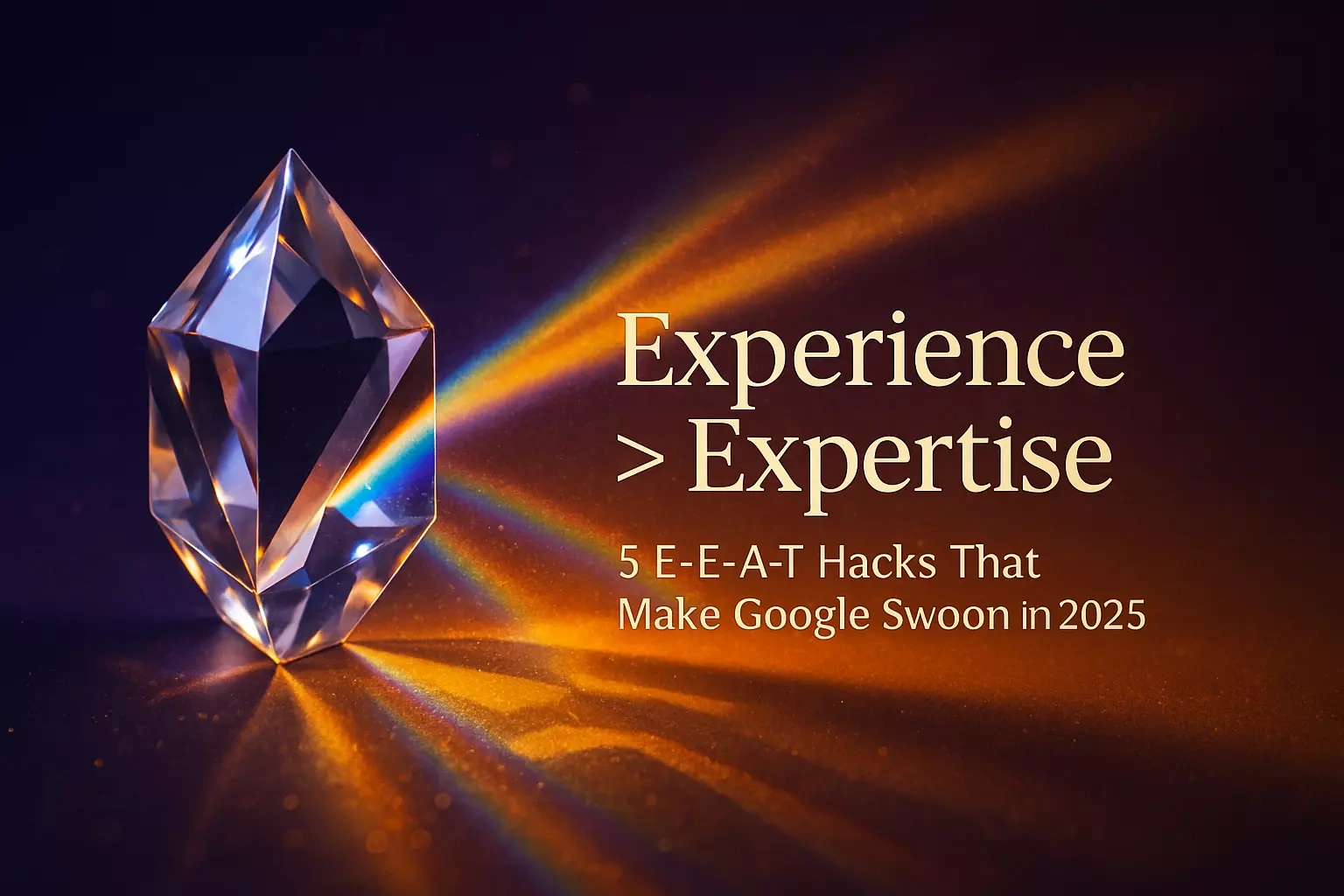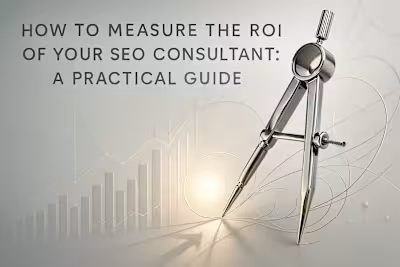Experience > Expertise: 5 E-E-A-T Hacks That Make Google Swoon in 2025

Experience > Expertise: 5 E-E-A-T Hacks That Make Google Swoon in 2025
Understanding the 'E' for Experience in E-E-A-T
What Is 'Experience' and How Is It Different from 'Expertise'?
Why Google Cares About First-Hand Knowledge
5 Actionable E-E-A-T Hacks for Freelance SEOs
Hack 1: Weave 'Experience Markers' into Your Content
Hack 2: Engineer Authentic Author Bios and Profiles
Hack 3: Leverage User-Generated Content (UGC) as Proof
Hack 4: Conduct and Publish Original Research and Experiments
Hack 5: Get Quotes and Contributions from Real Experts
Integrating Experience into Your SEO Workflow
Creating Content Briefs That Demand Experience
Auditing Existing Content for 'Experience Gaps'
References
Experience > Expertise: 5 E-E-A-T Hacks That Make Google Swoon in 2025
Understanding the 'E' for Experience in E-E-A-T
What Is 'Experience' and How Is It Different from 'Expertise'?
Why Google Cares About First-Hand Knowledge
5 Actionable E-E-A-T Hacks for Freelance SEOs
Hack 1: Weave 'Experience Markers' into Your Content
Hack 2: Engineer Authentic Author Bios and Profiles
Hack 3: Leverage User-Generated Content (UGC) as Proof
Hack 4: Conduct and Publish Original Research and Experiments
Hack 5: Get Quotes and Contributions from Real Experts
Integrating Experience into Your SEO Workflow
Creating Content Briefs That Demand Experience
Auditing Existing Content for 'Experience Gaps'
References
Posted Jun 19, 2025
Google's E-E-A-T guidelines now prioritize real-world 'Experience.' Discover 5 powerful hacks for freelance SEOs to showcase first-hand knowledge and boost client rankings in 2025.








